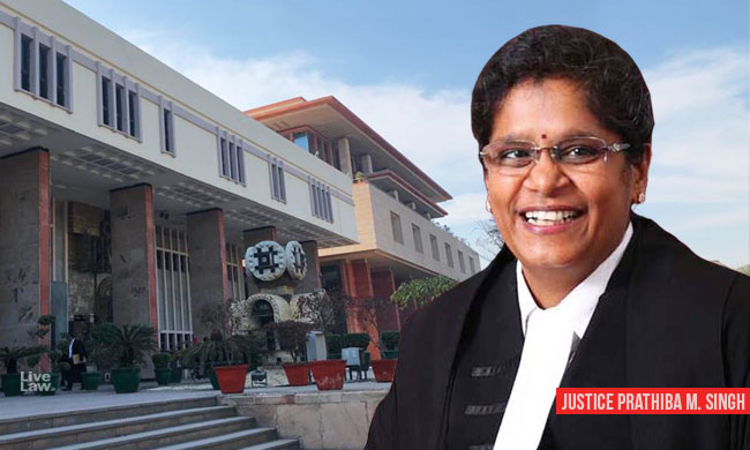Jurisdictional Objection Under Sec. 16 of Arbitration And Conciliation Act Has To Be Raised At Inception With Sense Of Alacrity: Delhi High Court
Nupur Thapliyal
25 March 2021 8:09 PM IST

Next Story
25 March 2021 8:09 PM IST
The Delhi High Court on Thursday observed that a jurisdictional objection under sec. 16 of the Arbitration and Conciliation Act by its very nature would be one which has to be raised at inception, at the earliest stage. The Court also observed that under the scheme of the Act, such an objection has to be raised with a "sense of alacrity" which must be decided by the Arbitral Tribunal with...
